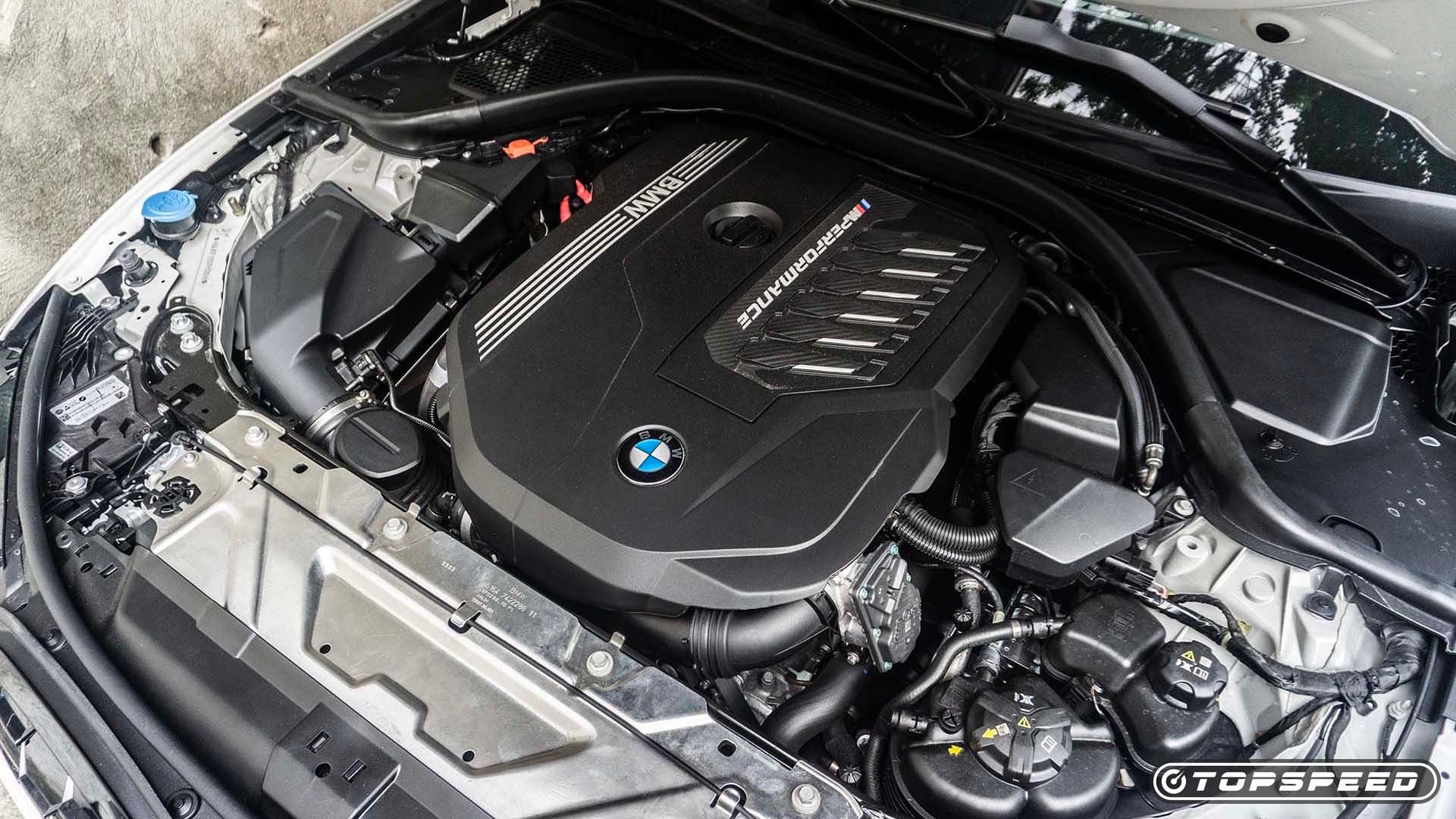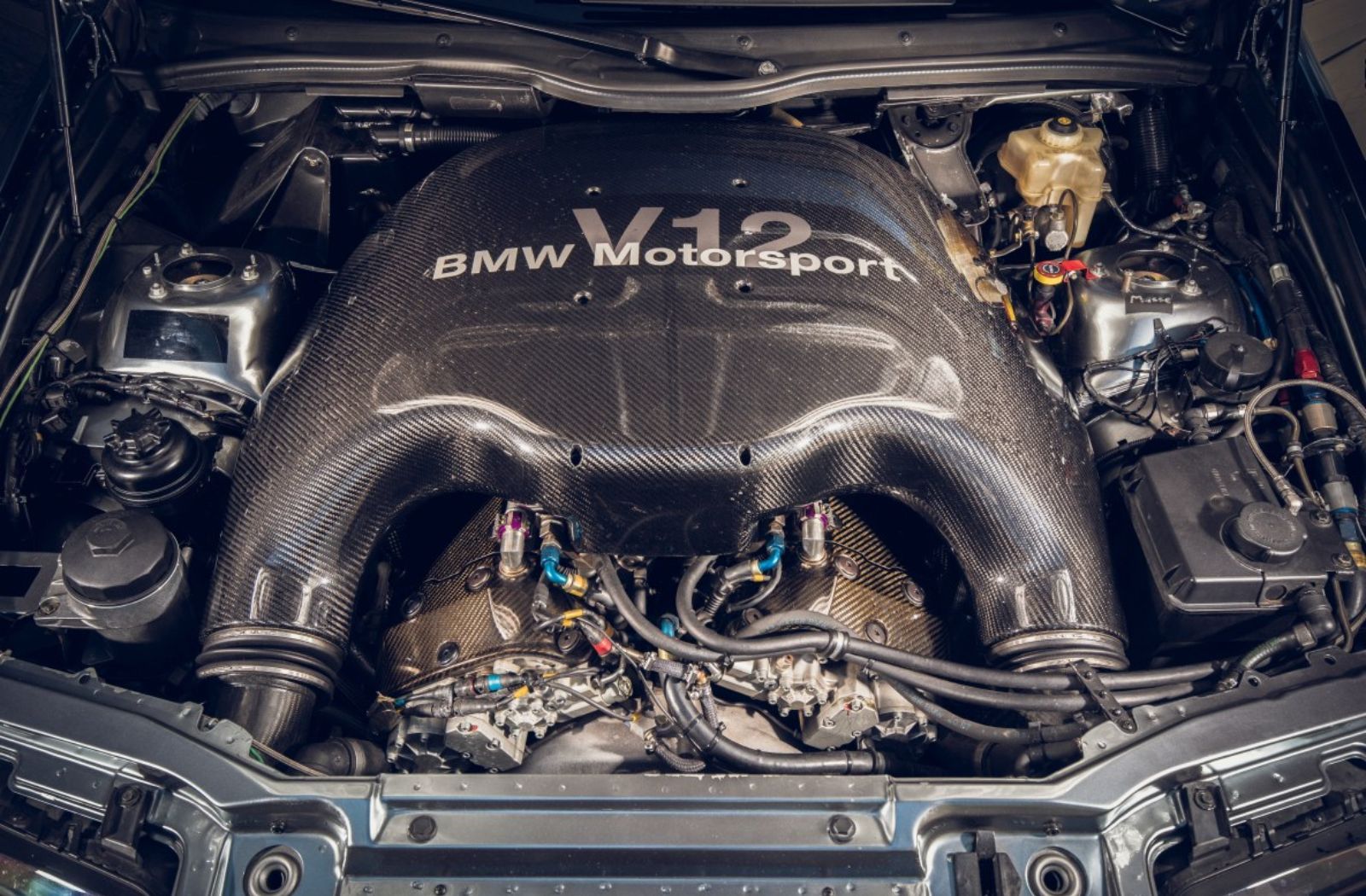Revealing the Intricacies of Next-Generation Power Units: a Deep Study Advanced Engine Layouts and Developments
In the world of automobile design, the relentless pursuit of performance, sustainability, and efficiency has thrust the development of power units to unmatched elevations. As we base on the precipice of a brand-new era in transport, the intricacies of next-generation engine layouts beckon us to discover the advanced technologies and technologies that guarantee to redefine the driving experience. From sophisticated materials that press the boundaries of longevity and weight reduction to innovative turbocharging and supercharging systems that raise power result to brand-new degrees, each component of these power systems holds a crucial to opening the future of auto design. Diving much deeper right into the worlds of discharge control, intelligent engine administration systems, and the horizon of power system advancement, we locate ourselves on the cusp of a transformation that promises to improve the landscape of flexibility as we understand it.
Development of Engine Materials

The change towards advanced engine materials has likewise enabled designers to develop engines with greater power results while preserving gas effectiveness requirements. The usage of lightweight products reduces the general weight of the engine, leading to boosted gas economy and lower exhausts. Additionally, advancements in products modern technology have actually enabled far better thermal monitoring within engines, resulting in enhanced dependability and longevity.
Turbocharging and Supercharging Technologies
Just How do Turbocharging and Supercharging Technologies reinvent engine performance and efficiency in contemporary vehicles? Turbocharging and supercharging are technologies that significantly improve engine performance by increasing the amount of air intake into the burning chamber. Turbocharging accomplishes this by using a turbine driven by exhaust gases to pressurize the intake air, while turbo charging makes use of a belt- or chain-driven compressor to attain the exact same result.
These innovations allow smaller sized, extra fuel-efficient engines to generate power equivalent to larger ones, known as downsizing. By requiring even more air right into the cylinders, turbocharging and turbo charging enhance combustion performance, leading to increased horse power and torque output without a significant boost in engine dimension. This brings about much better acceleration, towing capacity, and overall driving efficiency.
Moreover, turbocharging and supercharging add to improved fuel effectiveness by allowing the usage of smaller engines that take in less gas under normal driving conditions - bmw engine. This combination of enhanced performance and efficiency has made turbocharging and supercharging important elements of many contemporary engine styles
Emission Control and Environmental Effect
With raising worldwide issues pertaining to air quality and environmental sustainability, the application of emission control technologies in lorries plays a crucial role in reducing hazardous toxins launched right into the atmosphere. Modern cars are geared up with sophisticated emission control systems that aid reduce the ecological influence of vehicle operations. Catalytic converters, for example, are created to convert toxic gases such as carbon monoxide gas, nitrogen oxides, and hydrocarbons into much less hazardous substances like carbon dioxide and water vapor.
Moreover, advancements in engine modern technology, such as the combination of exhaust gas recirculation systems and discerning catalytic decrease, have significantly added to decreasing discharges. These technologies operate in tandem to enhance burning efficiency and decrease the release of dangerous pollutants right into the air. Additionally, the advancement of crossbreed and electrical automobiles represents a crucial step in the direction of reducing the overall ecological impact of the transportation field.
Intelligent Engine Management Solution

Moreover, these systems make it possible for vehicles to meet rigid emissions standards without jeopardizing performance, supplying an extra eco pleasant driving experience. The integration of expert system and artificial intelligence abilities in engine administration systems continues to press the borders of what is feasible, resulting in more renovations in performance, dependability, and general lorry performance. bmw engine. As automobile innovation breakthroughs, smart engine administration systems will certainly play an essential role in shaping the future of transportation in webpage the direction of a much more efficient and sustainable instructions
Future Trends in Power System Development
As intelligent engine monitoring systems pave the way for boosted control and optimization in contemporary lorries, future fads in power unit growth are positioned to redefine the landscape of auto propulsion technologies. These alternative power sources offer improved performance and efficiency while aligning with strict ecological guidelines.
An additional substantial fad is the integration of innovative materials and description producing techniques. Lightweight materials such as carbon fiber and aluminum are being used to reduce overall automobile weight, enhancing fuel efficiency and performance. In addition, innovations in 3D printing and additive production are allowing the production of intricate engine parts with higher accuracy and durability.
In addition, artificial knowledge and artificial intelligence are playing an essential role in maximizing power unit performance. These innovations enable real-time monitoring and adaptive control, resulting in much more efficient and trustworthy power distribution. Generally, future patterns in power system advancement are tailored in the direction of efficiency, efficiency, and sustainability, driving the automotive market in the direction of a new age of propulsion technologies.

Final Thought
In conclusion, the developments in engine products, turbocharging, exhaust control, and intelligent administration systems have actually led the way for next-generation power units. The complex layouts and innovations in modern engines showcase the recurring evolution of automobile innovation.
Checking out the dynamic advancements in engine materials has been essential in boosting the efficiency and performance of modern-day engines. Over the years, the advancement of engine products has actually played a vital duty in pressing the borders of what engines can attain.The change towards advanced engine products has likewise allowed engineers to develop engines with higher power outcomes while preserving gas effectiveness requirements.The application of intelligent engine management systems in modern cars has transformed the way engines are controlled and optimized for efficiency and effectiveness. By gathering information browse around here in real-time and evaluating it with advanced algorithms, smart engine monitoring systems can adjust to driving styles, ecological variables, and engine wellness to make the most of power output while minimizing gas usage and discharges.